Empowering Women, Nurturing Forests: Lessons from Gishwati-Mukura’s Beekeepers
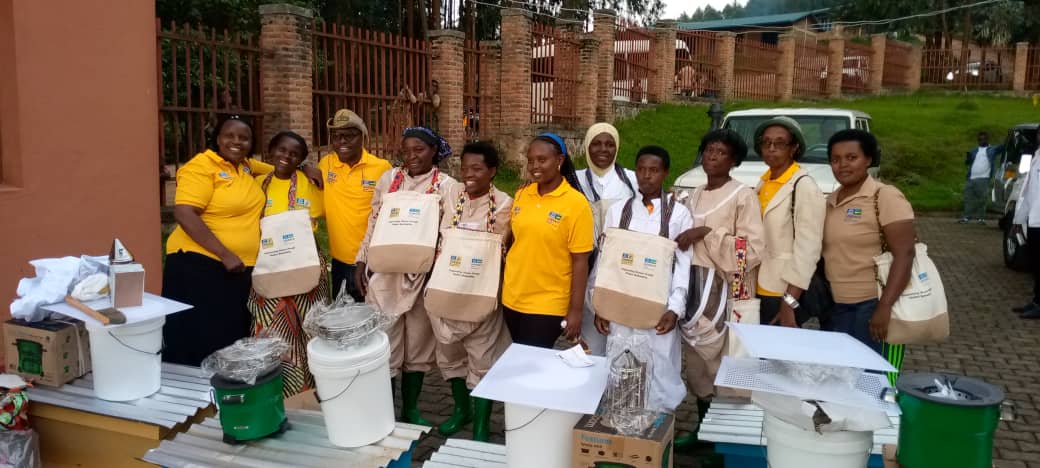
Rwanda celebrated the International Day of Biosphere Reserves on November 3–4, 2025, with activities at Gishwati-Mukura that highlighted the intersection of environmental conservation, sustainable livelihoods, and women’s empowerment. The two-day celebration brought together government officials, conservation partners, researchers, and community members, showcasing how beekeeping and forest restoration are driving change in the region.
Knowledge and collaboration at the core
Dr. Marie Christine Gasingirwa, Chairperson of Rwanda’s National Commission for UNESCO, emphasized the importance of knowledge-sharing and research.
“Knowledge is food for the mind and life itself. It should not remain idle but be shared so that we grow together,” she said.
She encouraged women participating in Women for Bees to collaborate and exchange ideas, ensuring solutions to challenges in beekeeping and forest conservation are developed collectively.
Dr. Gasingirwa also called for more engagement of young people and local institutions in research to boost productivity and allow communities to independently sustain the gains made in beekeeping and forest management.
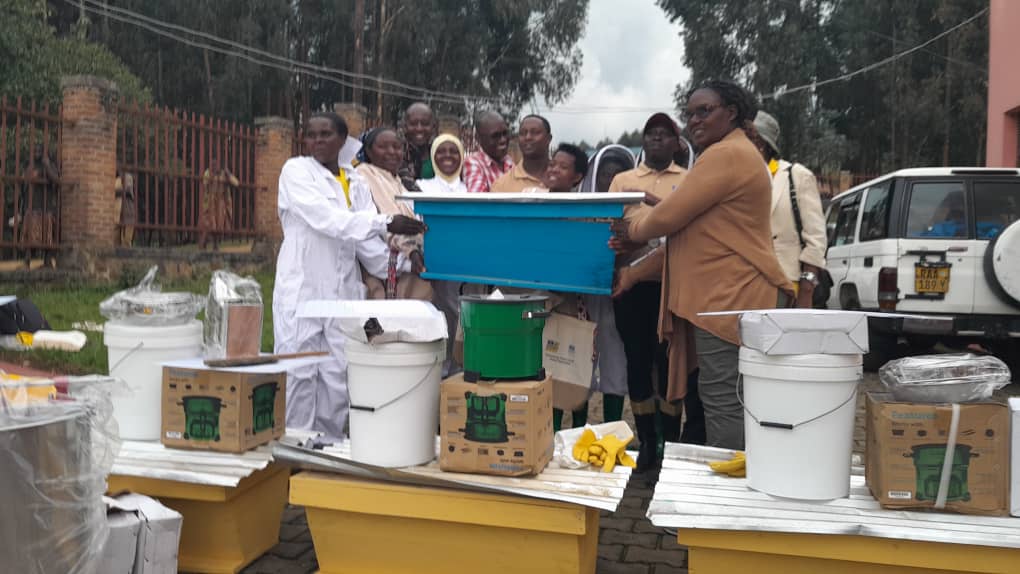
Ir. Dominique Mvunabandi, Director of the Science, Technology and Innovation Unit at the Rwanda National Commission for UNESCO, explained that the event demonstrated how traditional beekeeping has evolved into a driver of empowerment.
“The event showed how shifting from traditional to modern beekeeping has transformed women’s lives, increasing their productivity and income,” he said.
Linking indigenous trees and sustainable livelihoods
While beekeeping was central to the celebration, participants also turned their attention to the importance of indigenous trees for pollination and climate resilience.
Emmanuel Uwizeyimana, Vice Mayor of Rutsiro District in charge of Economic Development, stressed how conservation links with the local economy.
“Gishwati-Mukura is not just a park; it is an opportunity to enhance tourism, support agriculture, and create livelihoods for our communities,” he said.
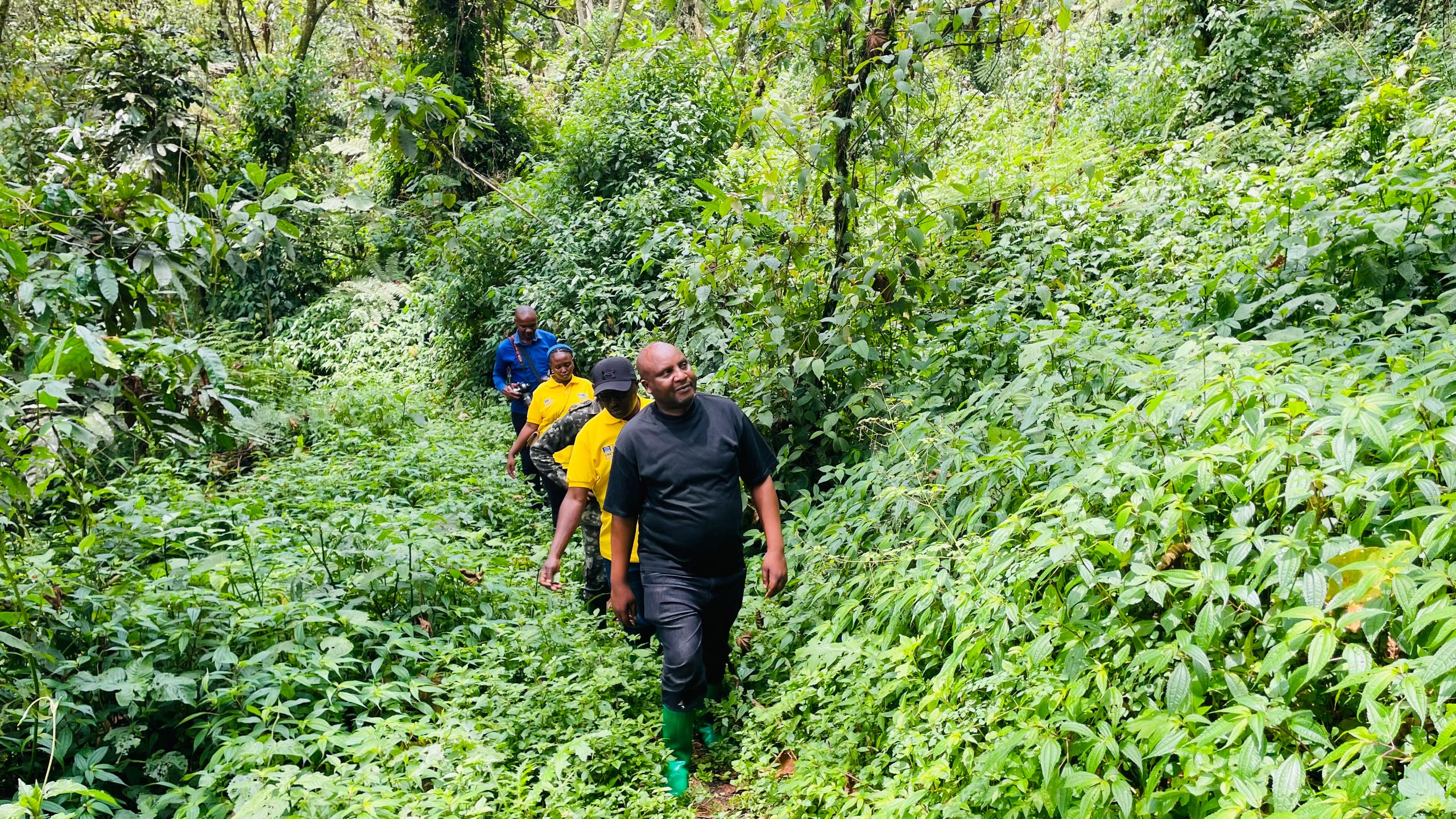
Participants heard presentations, visited hives and the botanical garden, tested honey at Rutsiro Honey Ltd, toured parts of the Gishwati-Mukura forest, and planted indigenous trees both in the forest and in the botanical garden.
Women in the Women for Bees program received protective clothing, improved hives, and other beekeeping equipment, along with environmentally friendly cooking stoves; all demonstrating how sustainable practices can support both livelihoods and conservation.
Anaclet Budahera, Director of Gishwati-Mukura National Park, highlighted how the partnership between UNESCO, Women for Bees, and local authorities is strengthening community engagement.
“The partnership is helping communities understand the value of the park and actively participate in its conservation,” he said.
Tools, training, and empowerment
For many women, this support has been life-changing.
Uwamahoro Devotha shared how her perception of beekeeping transformed after receiving training and modern tools.
“Before, I was afraid to handle the bees, but now I can work confidently and independently. I can manage the hive, produce honey, and support my family without relying on others,” she said.
Ngabo Aimé, owner of Casa Do Café in Kigali, described how his company uses honey from Gishwati-Mukura in its products.
“We use honey from Gishwati-Mukura because it is pure and natural, collected from the forest’s diverse plants. It adds value to our products while supporting local beekeepers,” he said.
Paul Hategekimana from the World Resources Institute, who participated in the celebration, underlined the importance of connecting community members with restoration work.
By engaging residents in beekeeping, tree planting, and sustainable land management, he noted, communities see tangible results from conservation.
Nyirakamineza Marie Chantal, manager of Rutsiro Honey Ltd, spoke about the need to build capacity for larger-scale honey production.
“We need more trained beekeepers, especially young women, and improved hives. These investments will multiply honey yields and ensure a reliable supply for our factory,” she said.
Toward sustainable livelihoods and a thriving ecosystem
The Gishwati-Mukura celebration demonstrated how beekeeping, forest conservation, and community development can go hand in hand.
By providing knowledge, modern tools, and opportunities for collaboration, Women for Bees and its partners show that environmental stewardship and economic empowerment reinforce one another.
Dr. Gasingirwa captured the spirit of collaboration in her words:
“Do not keep a problem to yourself. Ask, share, and collaborate. Solutions come when we work together.”
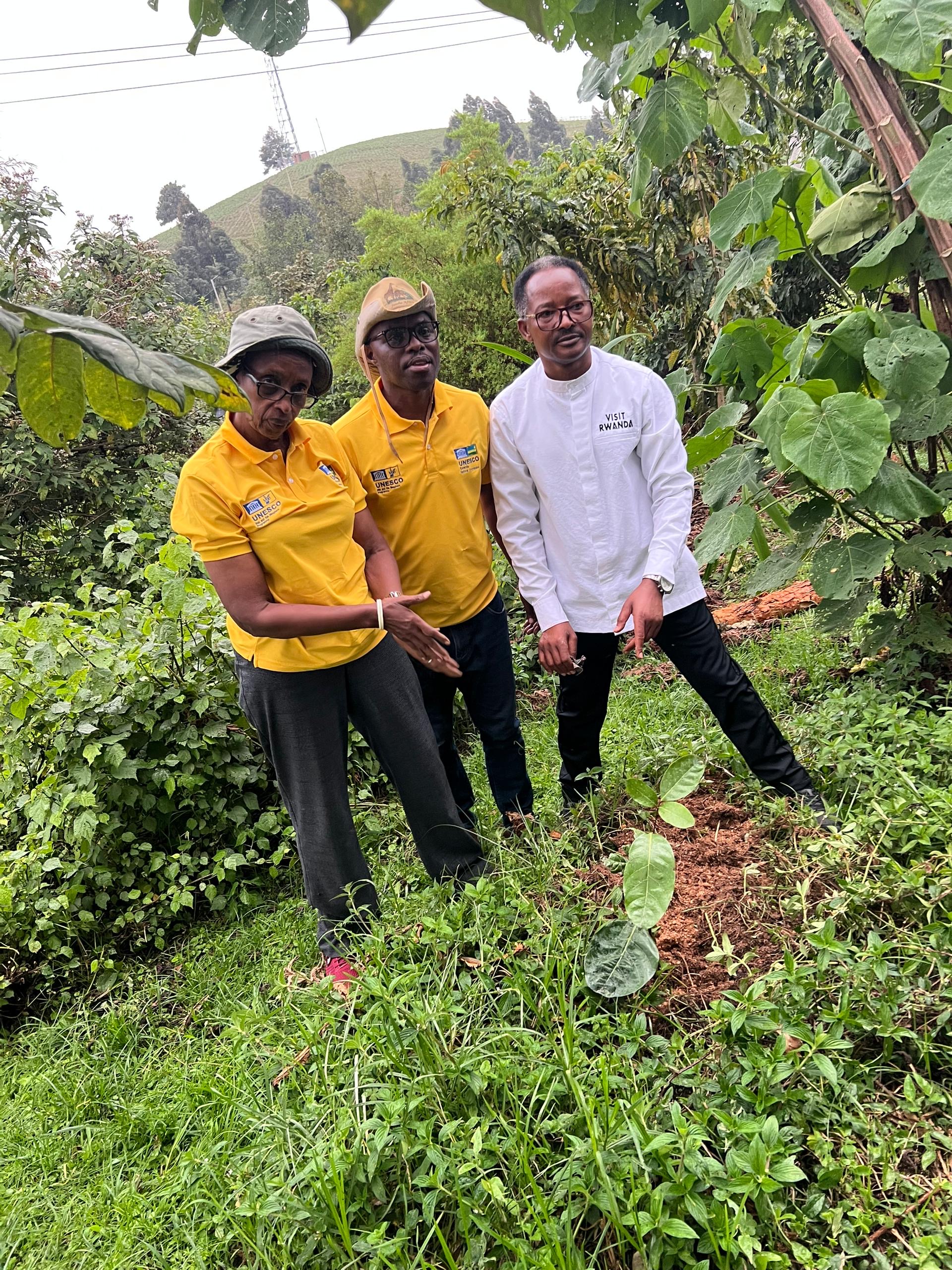
Through these partnerships, Gishwati-Mukura is becoming more than a protected area. It’s a living landscape where knowledge, innovation, and collaboration converge. With each improved hive, trained woman, and newly planted tree, the community moves toward a future where forests thrive, livelihoods flourish, and the ecosystem sustains generations to come.
Trending Now
Hot Topics
Related Articles
Why Animals Are a Key Piece of Africa’s Disaster Resilience Puzzle
Across Africa, people and animals have coexisted for centuries, not just sharing...
Leaders Call for Stronger Monitoring to Turn Ecosystem Restoration Commitments into Results
Nairobi, Kenya — 27 January 2026 Country and regional leaders, alongside technical...
Worm Tea: A Natural Path to Farming Without Harmful Chemicals
For much of his early farming life, Isaac Mubashankwaya believed chemical fertilizers...
Enroll Now Before 31 December 2025: International German Language Exams Launch in Rwanda
Rwanda will host the European Consortium for the Certificate of Attainment in...


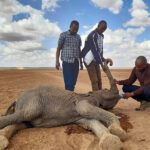

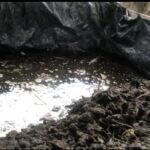
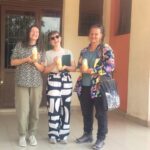


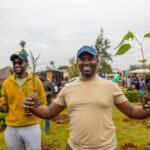
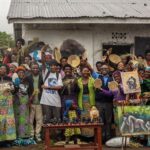
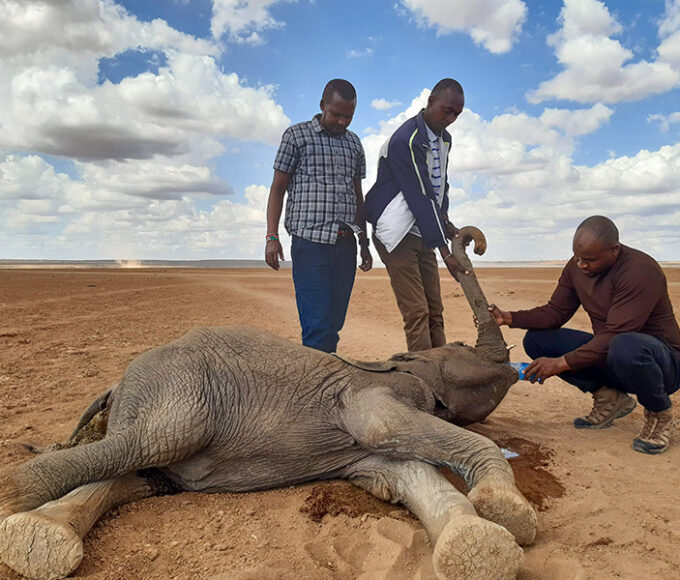
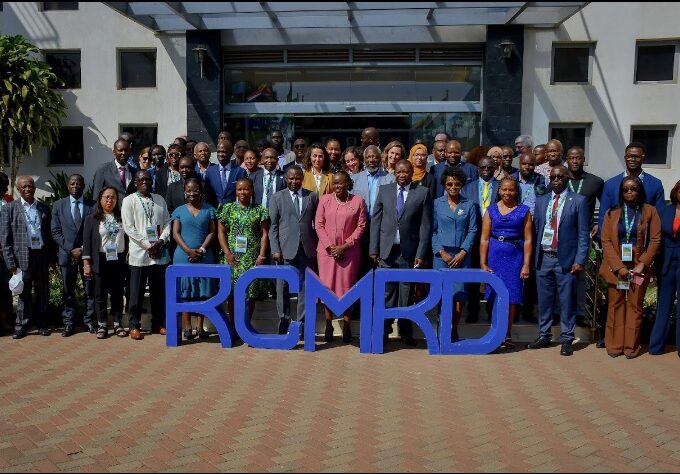
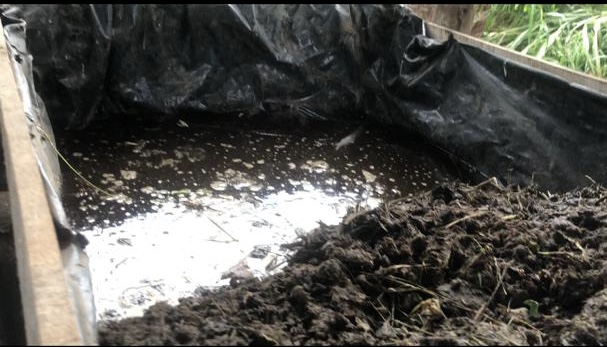

Leave a comment